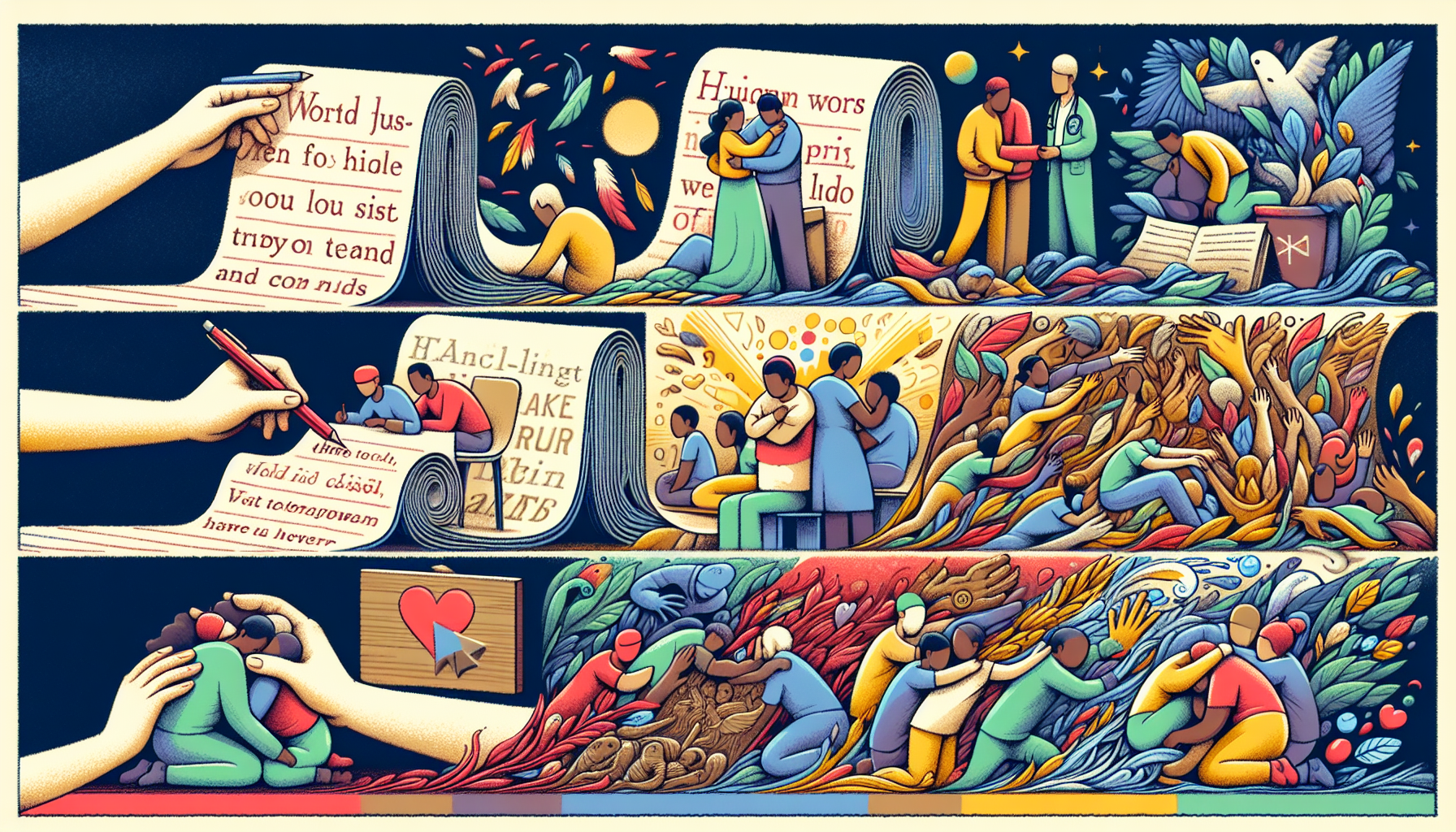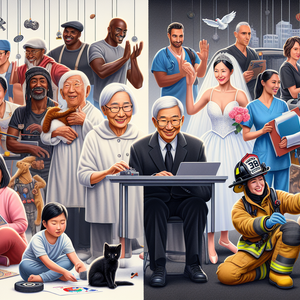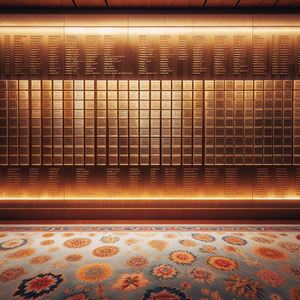Women in Boston’s Music Production: Breaking the Sound Barrier

Historically, women have been underrepresented in music production roles, often relegated to supporting positions. However, recent years have seen a growing number of female producers, sound engineers, and business owners emerge in Boston, carving out essential roles in the industry. Notable figures include producers like Tessa Thompson and sound engineer Anna Frick, who have gained recognition for their technical skills and their ability to cultivate artist relationships and foster creative environments. For instance, Tessa Thompson, known for her work with indie bands and pop artists, highlights the importance of collaboration in her production approach. She emphasizes that her unique perspective as a woman in a male-dominated field allows her to bring fresh ideas to the table, ultimately enriching the creative process. Her success has inspired many aspiring female producers to pursue their dreams in an industry that often feels exclusionary. Boston boasts an array of music production companies that have become platforms for these talented women. Notable companies include Sonicas Recording Studio, The Bridge Sound and Stage, and Zippah Recording. These studios have not only provided a space for creativity but have also welcomed female producers and engineers, encouraging more balanced representation in the industry.
Challenges Faced by Women in Music Production
Despite the progress being made, women in music production still face numerous challenges. Gender bias remains prevalent, and many women report feeling the pressure to prove themselves in a field where their male counterparts often receive more recognition. According to a study by the Annenberg Inclusion Initiative, women accounted for only 2% of producers in popular music from 2012 to 2020, highlighting the stark imbalance that still exists. In response to these challenges, female producers in Boston have created their own networks and communities. Organizations like Women in Music and local meet-ups provide spaces for women to share experiences, seek mentorship, and support one another in navigating the complexities of the industry. This solidarity not only empowers individual women but also strengthens the overall music community in Boston.
Spotlight on Notable Female Figures
Several women are making waves in Boston's music production scene. For example, Angela Gallo, a sound engineer and owner of a recording studio in Allston, has worked with a diverse range of artists from hip-hop to rock. Her studio, which emphasizes inclusivity and collaboration, has become a haven for many up-and-coming artists. Gallo’s dedication to mentorship has also helped younger female engineers gain valuable experience and confidence. Another prominent figure is musician and producer Marissa Nadler, whose ethereal sound and haunting vocals have garnered international acclaim. Nadler’s work exemplifies the fusion of artistry and production, as she not only creates music but also takes an active role in the production process, ensuring that her unique vision is realized in every project. Moreover, women like Kristin Hensley, a producer and audio engineer at Q Division Studios, have become role models for aspiring female producers. Hensley’s commitment to high-quality sound and innovation has earned her a reputation within the Boston music scene, further underscoring the importance of female leadership in production roles.
The Future of Women in Music Production
As the landscape of Boston's music scene continues to evolve, the role of women in music production is expected to grow even more influential. With increasing visibility and support, more women are likely to enter the field and take on leadership roles. Initiatives aimed at promoting diversity within production companies and educational programs dedicated to teaching skills to young women are crucial steps toward fostering a more equitable industry. Programs like Girls Who Code and workshops organized by local music schools are essential in teaching young women the technical skills required for success in music production. Furthermore, as the demand for authentic voices and diverse perspectives in music increases, the contributions of women in production will enhance the sound of Boston's music scene and pave the way for future generations of female producers.
The women of Boston's music production scene are undeniably breaking the sound barrier, challenging norms, and redefining what it means to be a producer in today's music industry. Their stories of resilience, creativity, and collaboration inspire a new wave of talent and demonstrate that inclusivity can lead to richer, more diverse music. As these women continue to rise and claim their space, they are not just changing the narrative for themselves but are also laying the groundwork for a more balanced and innovative future in music production. The sound of Boston is evolving, and women are at the forefront of this exciting transformation.
Music Producer
Sonicas Recording Studio, The Bridge Sound and Stage
Core Responsibilities
Oversee the entire music production process including pre-production, recording, and post-production.
Collaborate with artists to develop their sound, guiding them through songwriting and arranging.
Required Skills
Proficiency in audio production software (e.g., Pro Tools, Logic Pro).
Strong understanding of music theory and composition.
Unique Qualifications
Experience working with diverse genres, particularly in indie and pop.
Sound Engineer
Zippah Recording, Q Division Studios
Core Responsibilities
Set up and operate audio equipment during recording sessions and live performances.
Mix and edit audio tracks to achieve the desired sound quality and balance.
Required Skills
Expertise in acoustics and sound design.
Familiarity with digital audio workstations (DAWs) and audio mixing techniques.
Unique Qualifications
Certifications in audio engineering or relevant technical training.
Music Business Manager
Core Responsibilities
Manage the business aspects of an artist's career, including contracts, promotions, and finances.
Develop marketing strategies to enhance the artist's visibility and brand.
Required Skills
Strong negotiation and communication skills.
Knowledge of copyright laws and industry trends.
Unique Qualifications
Experience in marketing or a background in music business education.
Music Licensing Specialist
Core Responsibilities
Negotiate and secure licenses for music use in various media, including film, television, and advertising.
Maintain relationships with artists and rights holders to facilitate licensing agreements.
Required Skills
Understanding of copyright law and licensing practices.
Strong analytical and organizational skills.
Unique Qualifications
Experience with digital rights management and familiarity with music licensing databases.
Audio Visual (AV) Technician
Core Responsibilities
Set up and manage audio and visual equipment for events, concerts, and recordings.
Troubleshoot technical issues during live events to ensure smooth operation.
Required Skills
Knowledge of AV equipment and software.
Ability to work under pressure in fast-paced environments.
Unique Qualifications
Certifications in AV technology or previous experience in live events.


